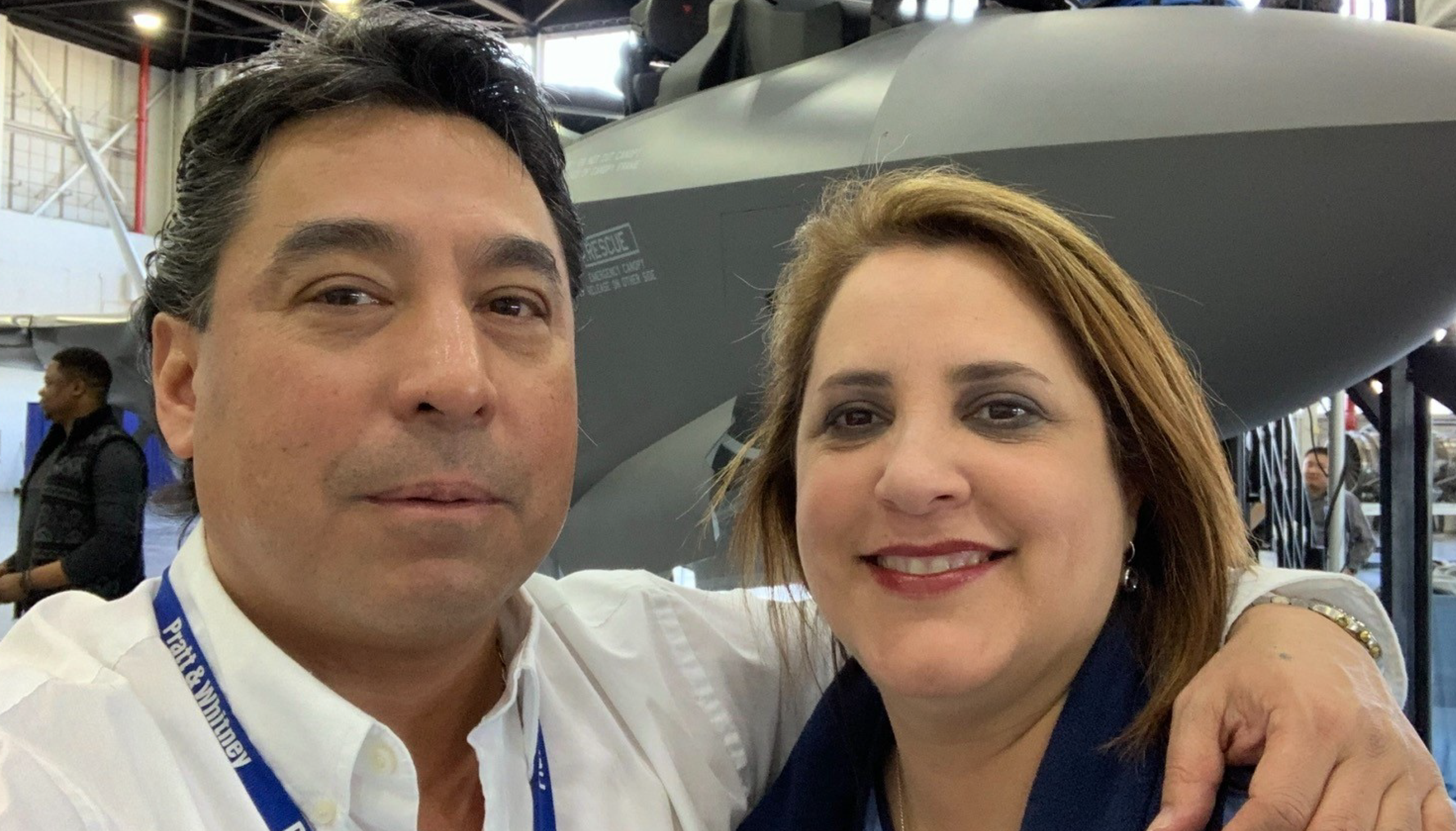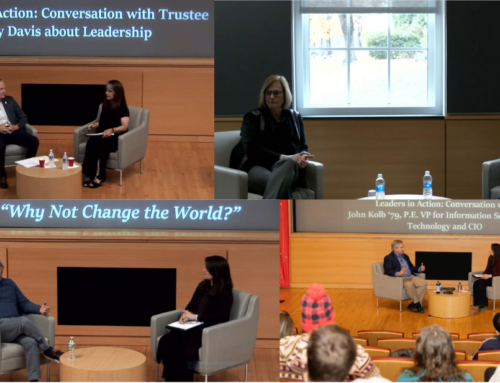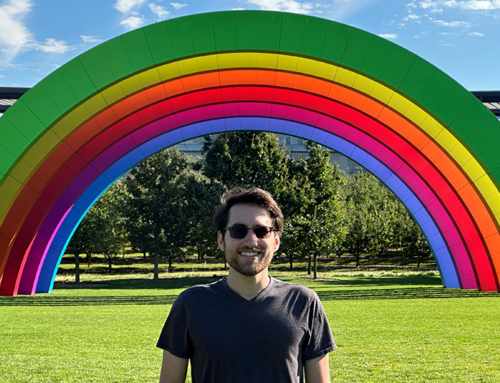By Bonnie Blumer
Cautionary tales of corporate mergers gone bad litter the business press: all-too-familiar stories of well-intentioned giants coming together to create “economies of scale” and “strategic synergies” only to come undone when cultures clash and markets change.
The 2020 merger of Raytheon and United Technologies Corporation amplified the usual concerns to unprecedented levels because the stakes are so high for the new entity. Raytheon Technologies, the second largest American aerospace company, is a crucial component of not only the commercial airline industry but also the military infrastructure worldwide. Failure is simply not an option.
With a market capitalization of $100 billion and 174,000 employees, the success of Raytheon Technologies ultimately depends, not on managerial intentions, but on the thousands of individuals who take personal responsibility for driving the changes a successful merger requires.
One of those individuals is David Brunato ’22.
A chemical engineer by training who followed his undergraduate studies with a finance-focused MBA, Brunato is a manager of CORE Operations at Pratt & Whitney. CORE is Raytheon Technologies’ operating system, which stands for Customer-Oriented Results and Excellence. The CORE operating system identifies goals most crucial to customer success, assesses an organization’s process maturity and performance against a standard framework, and then pinpoints the most vital areas to improve.
At the time of the merger, Brunato was already a student at Rensselaer Polytechnic Institute, enrolled in the Rensselaer at Work program, pursuing a master’s degree in systems engineering and technology management. Given the monumental changes happening with his employer, he decided to stack a “Leading Change and Innovation” certificate on top of his degree.
“Raytheon Technologies is filled with exceptionally talented, highly technical people,” he said. “But those are hard skills and a merger requires soft skills like coaching and mentoring to be successful.”
The first of his three courses, Agile Planning and Execution, provided additional capabilities to Brunato’s Six Sigma Black Belt status. It was the Leaders as Change Agents and Changing and Innovation courses that raised his value to another level.
In those courses, he learned the various models for organizational change as well as how to communicate his plans to lead teams and stakeholders through massive change. He also learned how to properly mentor and coach to bring forth the most from his team.
The personal payoff was almost immediate: Brunato was rewarded with two Eagle Awards last year for mentoring at Pratt & Whitney. He is also in the process of earning Master Six Sigma Black Belt certification and has completed the Raytheon-level CORE Expert Cohort trainings. Brunato currently leads professionals who are earning Six Sigma Green Belts and Black Belts during the implementation of Raytheon’s CORE Operating System. In other words, he’s using the skills he learned to teach the skills he learned at Rensselaer at Work, thus amplifying the impact of his degree and certificate.
“RPI is important because it allows me to work with professors and students from other companies who force me to see new perspectives,” he said. “These outside views are critical during times of transition and change.”
For Brunato, change is happening and failure is not an option. His leadership is affecting dozens of employees who will, in turn, affect thousands more as they optimize the CORE operating system across all business units. His education is already paying off for him personally and for Raytheon Technologies, whose ultimate success will depend on hundreds and thousands of leaders just like him.




